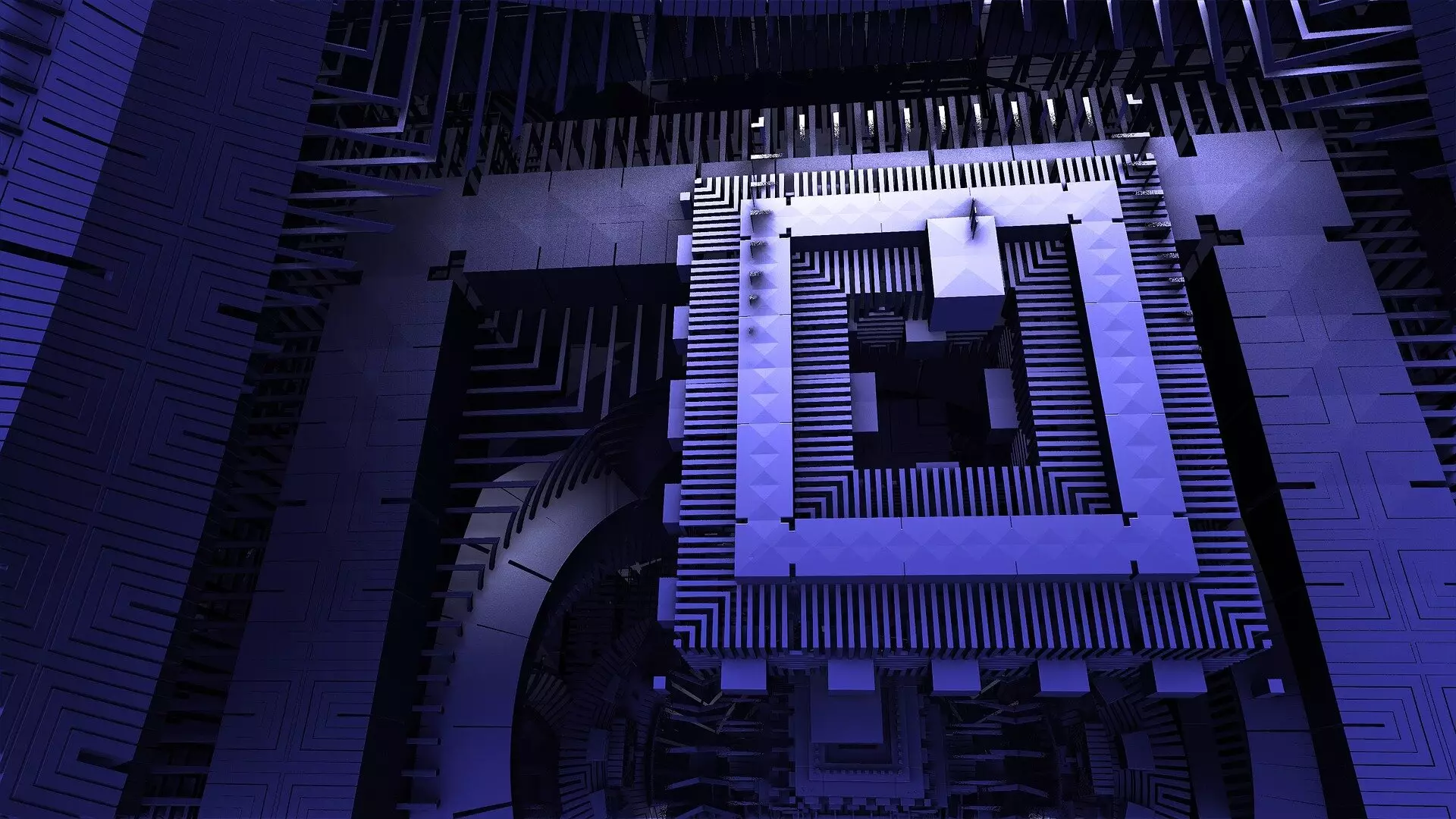When delving into the realm of quantum computing and machine learning, it’s not uncommon to wonder about the practical applications of a technology that has yet to be fully realized. Casper Gyurik, a Ph.D. candidate, took on the challenge of investigating the synergy between these two fields. Quantum computing, a revolutionary approach to computation using the principles of quantum physics, holds immense promise. Despite the absence of a fully functional quantum computer, Gyurik sought to enhance machine learning techniques through the lens of quantum computing.
In the realm of machine learning, computers possess the ability to learn autonomously, typically within the confines of classical computing. Gyurik’s endeavor involved designing quantum algorithms to address various problems and determine if quantum computation could offer faster or more accurate solutions. This involves translating classical data into a quantum algorithm, generating outcomes, and then converting them back to classical data. Gyurik’s approach involved identifying problems where the quantum route could potentially outperform classical methods.
One of the areas Gyurik explored is topological data analysis (TDA), a technique geared towards extracting essential insights from extensive datasets. By viewing data as a cloud of points with distinct shapes, TDA can uncover meaningful patterns and structures. In certain scenarios, Gyurik believes that quantum computing may significantly accelerate TDA processes. For instance, analyzing time series data in the financial sector could benefit from enhanced predictive capabilities enabled by quantum algorithms. The ability to detect trends and anticipate crises earlier could prove invaluable in a range of applications.
Gyurik also alluded to the potential applications of quantum computing in analyzing complex networks, such as the human brain. By modeling the brain as a network of active regions during various activities, quantum computing could offer insights into conditions like Alzheimer’s disease. There is growing evidence to suggest that quantum techniques could aid in understanding complex neurological processes and potentially revolutionize advancements in healthcare and neuroscience.
As advancements in quantum computing continue to unfold, the possibilities for innovation and discovery are vast. Gyurik remains optimistic about the future of this interdisciplinary field and the collective pursuit of harnessing quantum computing for practical applications. While the precise applications and implications are still unfolding, the collaborative efforts of researchers like Gyurik underscore the transformative potential of quantum computing combined with machine learning.
The fusion of quantum computing and machine learning represents an exciting frontier of exploration. As researchers like Gyurik push the boundaries of traditional computational paradigms, new possibilities emerge for leveraging quantum capabilities in diverse domains. While the precise applications and impact of this convergence are still evolving, the journey towards unlocking the potential of quantum computing continues to captivate the scientific community. Through ongoing research and collaborative endeavors, the promise of quantum-enhanced machine learning stands poised to redefine our approach to complex problem-solving and data analysis.


Leave a Reply
You must be logged in to post a comment.